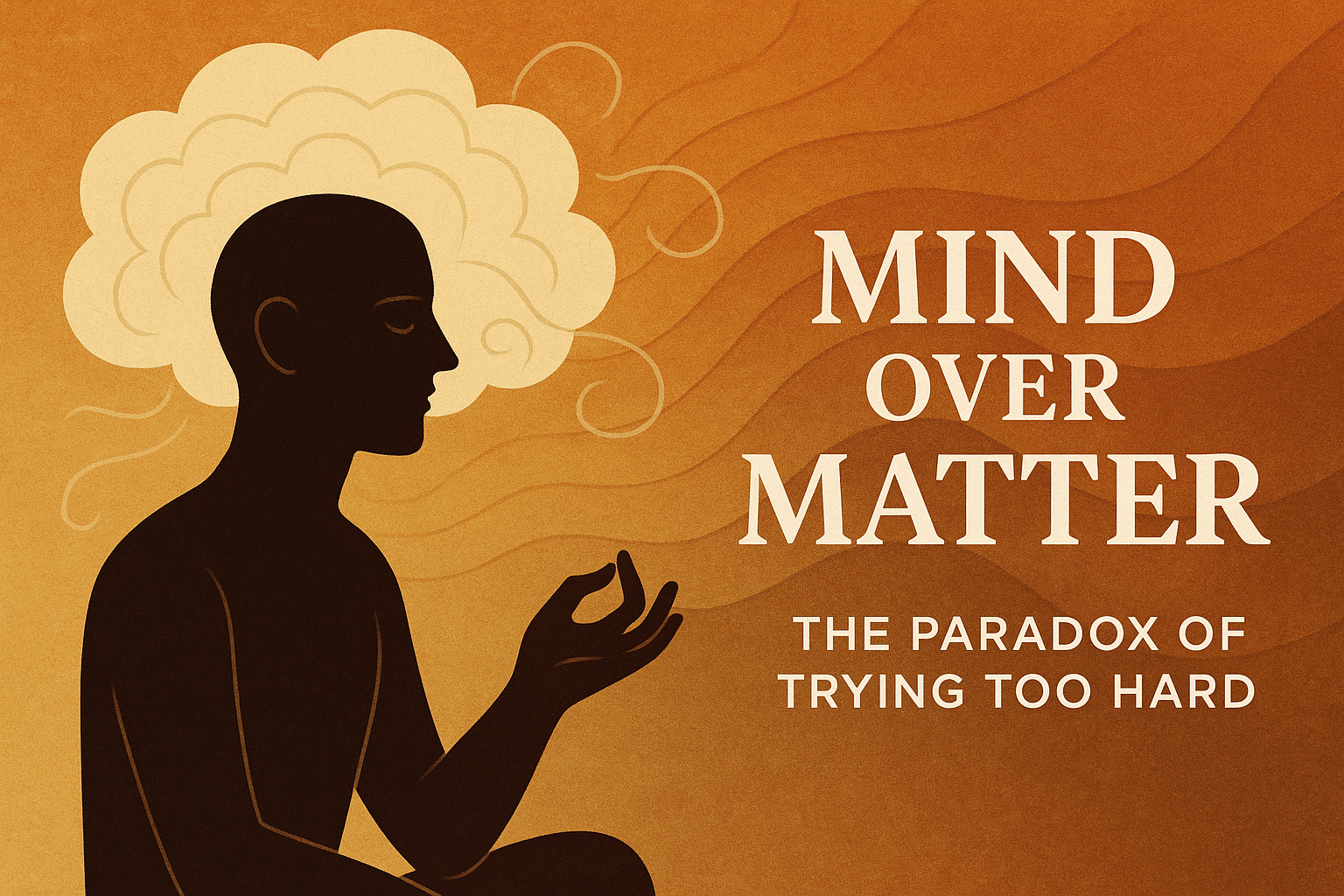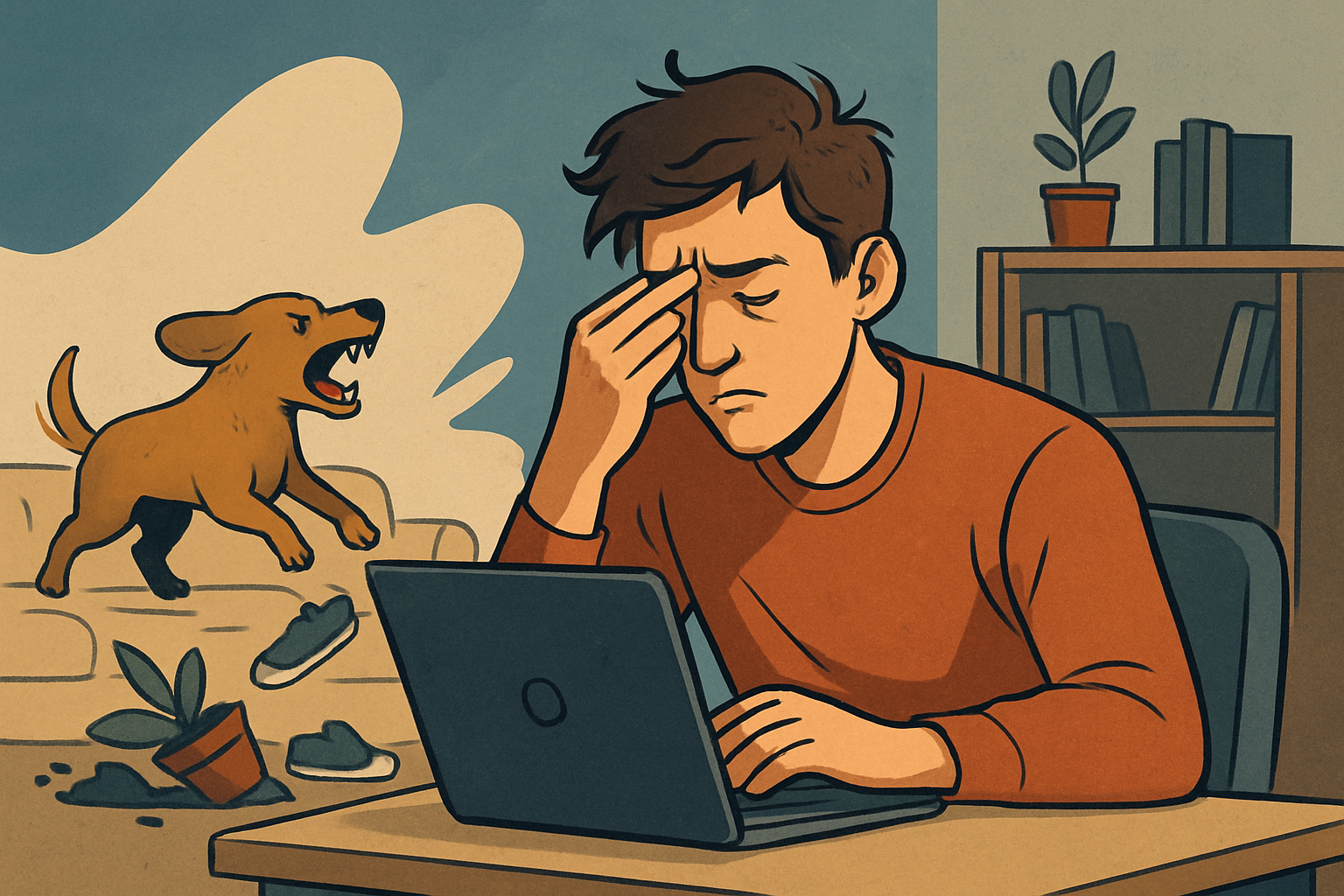Embracing Your Worth

Have you ever been in a conversation so awkward, you wanted nothing more than to escape? Recently, I was talking with someone I’d only seen in passing. I couldn’t remember their name, and my mind went blank. The whole time, I felt a subtle panic rumbling beneath the surface—What do I say? Do I look stupid? Am I bringing any value here? I wanted to slip away, back to comfort, and avoid the embarrassment of floundering in small talk.
But why did I feel so out of place? Why does it sometimes feel like we need to “perform” in every situation to be worthy of someone’s time? When these moments hit, the idea of presence—just being there without trying to impress or prove ourselves—seems nearly impossible. And yet, it turns out that presence may be the very key to reclaiming our innate dignity and easing that sense of discomfort.
The Need to Provide
Feeling awkward in a conversation often comes from a deep-seated belief that our worth is tied to what we offer—whether it’s a witty remark, a piece of information, or even just the right question. We want to feel valuable, and so we push ourselves to give, give, and give.
This mindset extends far beyond casual chit-chat. Many of us measure ourselves by what we can provide for our families or our workplaces. We say, “As long as I’m putting food on the table, I’m fulfilling my duty,” or “As long as I’m earning accolades at work, I’m proving my worth.” But what happens when we leave a draining job or find ourselves unemployed? What if that conversation doesn’t flow smoothly, and we have nothing “useful” to add?
We can quickly spiral into self-doubt, feeling like we’ve lost the power to be comfortable in our own skin. I know I did—unemployment brought me face-to-face with the haunting question: Who am I if I’m not ‘providing’ right now?
Discovering Dignity
This is where innate human dignity comes in. By dignity, I mean the unshakeable sense of worth we each carry simply because we are human beings. It exists independent of our job titles, incomes, or social prowess. Whether you’re a top executive, a struggling artist, or someone who relies on others for daily care, your humanity alone grants you value.
When you find yourself treated poorly—talked down to or dismissed—notice the small spark of protest within you saying, “This isn’t right.” That spark is your dignity demanding acknowledgement. The challenging part is that not everyone will recognize or respect your dignity, and that is precisely why it must start with you.
Only you can give yourself permission to stand in your worth and choose not to let external validation define you. Others might try to belittle or overlook you, but they cannot strip away what’s innately yours.
Presence as the Path
So how do we feel that dignity when we’re stuck in awkwardness or self-doubt? One powerful approach is learning to relax into presence. Being present doesn’t mean conjuring up facts or entertaining anecdotes on demand. Instead, it means:
- Taking a deep breath before you speak, allowing your body and mind to settle.
- Listening intently to the other person, letting yourself be curious rather than trying to impress.
- Embracing quiet moments and pauses without rushing to fill the silence.
When you relax into the moment, you create space for authentic connection—and ironically, that’s what people value most. They don’t need your perfect punchline or a flurry of fascinating facts. They want you—the genuine, calm, and attentive individual who doesn’t feel the need to prove anything.
Quiet Confidence
Reflect back on that awkward conversation where you felt you had nothing to give. What if, instead of hastily searching for an exit strategy, you had taken a calming breath and allowed yourself the grace to be imperfect? By simply being there—present, open, and accepting of whatever might unfold—you would have given the other person the gift of your undivided presence. Suddenly, the conversation shifts from a performance to a shared human moment.
That’s where your dignity really shines. You’re no longer measuring your words or your worth by some external yardstick. You’re standing in the quiet confidence of simply being enough. When you root yourself in this understanding, the pressure to provide value in every social interaction falls away. Ironically, you do bring more value—through the genuine ease and receptivity you bring to the conversation.
Dignity as a Reality
Ultimately, recognizing and embodying your innate dignity isn’t something that happens just once. It’s a daily practice of giving yourself permission to exist without constant striving or self-judgment. When you catch yourself believing you’re not enough—because you don’t have the right job, can’t remember someone’s name, or feel like you have nothing special to say—take a moment to breathe and recall:
Your dignity is yours alone to claim. No one can give it to you, and no one can take it away—unless you allow them to.
By anchoring yourself in peaceful presence, you make your dignity real, step by step. Even if the outside world doesn’t reflect that worth back to you, you can still choose to stand in it, confident in the knowledge that simply being here, fully and authentically, is more than enough.
Share









